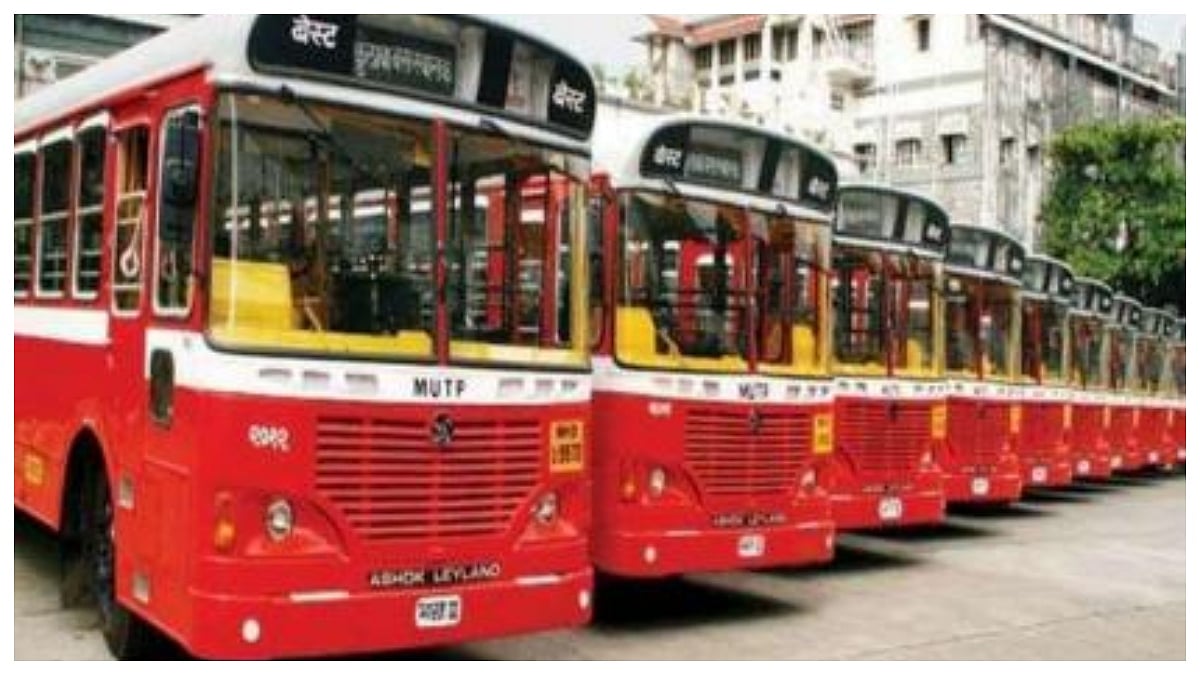In plain, layman’s language it would be called cheating. We will stop short of calling it that, but nonetheless it should be unacceptable in any federal system run with a modicum of transparency. Unfortunately, the Opposition cannot seize on the audit report of the Union Government’s accounts tabled last week in Parliament to haul the Government over the coals because while in power, it too had flagrantly indulged in the same sleight of hand, to boost revenues and depress fiscal deficits.
According to the CAG, the finance ministry diverted over 40 per cent of the cesses collected in 2018-19, transferring the money to the Consolidated Fund of India, instead of putting it to use for the earmarked purposes. A number of cesses, levies and charges were thus collected on false pretexts. For instance, the GST Compensation Cess collected in 2017-18 and 2018-19 totalling Rs 42,272 crore was not remitted to the rightful recipients but retained in the CFI. At a time when the states are demanding to be paid the promised compensation cess, this is a blatant abuse of Central authority and militates against the principles of both federalism and transparency.
The CAG report notes that as many as 35 different cesses, levies and charges yielded Rs 2.75 lakh crore in 2018-19. Of this only Rs 1.64 lakh crore was remitted to the designated account heads for which these were collected, and the remaining funds transferred to the CFI. A cess for health and education of four per cent on income tax was only partly used for education while nothing was used from the cess on health. Likewise, the social welfare charge on customs duty was diverted to the CFI in totality.
Admittedly, there was a resource crunch in the year under the CAG review, but instead of levelling with Parliament to seek sanction for further taxation under the proper collection and accounting heads, the government quietly resorted to financial jiggery-pokery to make its annual balance-sheet look good, unburdened with too much deficit. Indeed, the very practice of special cesses, levies and surcharges has become the norm, rather than an exception, to be resorted to in extraordinary circumstances. Camouflaging the actual incidence of taxation and imposing special cesses has become routine.
A most glaring case of diversion is that on petrol and diesel. Contrary to the claimed objective of using it for roads and highway development, a good part was diverted to the general pool. Because the collection from cesses, levies and surcharges does not form part of the divisible pool, the Centre feels encouraged to resort increasingly to these to raise resources. After the 14th Finance Commission reduced the share of the Centre and raised that of the states to a record high of 42 per cent, Central finances have been further constrained. But this is no reason to collect money under one specific head and then put it to use for quite another. As we said at the outset, it would be unacceptable in normal circumstances in any private business.
Honour Vodafone award without fuss
We hope the Centre has the good sense to accept the order of the Permanent Court of Arbitration in The Hague in favour of the beleaguered Vodafone Group. It is high time the sorry chapter in the country ‘s taxation history was closed. Arbitrary and retrospective changes in taxation have only discouraged foreign investment.
Vodafone received the tax demand after it bought Hutchison-Essar’s India assets in 2007. The IT department sought Rs 7,000 crore towards capital gains tax. A year later, Vodafone lost the appeal in Bombay High Court but in 2012 the Supreme Court upheld its case, rejecting the IT demand. Finance Minister Pranab Mukherjee amended the law retrospectively, allowing the IT department to send a fresh notice for Rs 14,200 crore, including interest on the original demand. The same year, the Cabinet cleared a non-binding arbitration. Vodafone approached The Hague-based arbitration Court, which last week, pronounced in its favour.
Given the tortuous history of the case, hopefully the Government will refrain from making it a case of prestige and approaching the Supreme Court against the award. The case highlighted the pitfalls of doing business in India. Lack of predictability in taxation and other laws, changes made at the behest of corporate cronies to hurt their foreign competition and failure to provide a level playing field between local and foreign businesses, are some of the major constraints discouraging a more liberal flow of foreign capital.
Now that digital marketing platforms are gathering momentum, it is hoped the ruling establishment will resist pressure to tilt against a couple of multinational players operating in the country. Such underhand practices hurt national interest. Meanwhile, in the Vodafone award, the Government has to part with but a tiny amount of Rs 85 crore, Rs 45 crore towards tax collected thus far, and Rs 40 crore as administrative costs payable to the arbitration tribunal. The survival of Vodafone is important, to tell the global business community that transparency and fairness is possible in conducting business in India.









